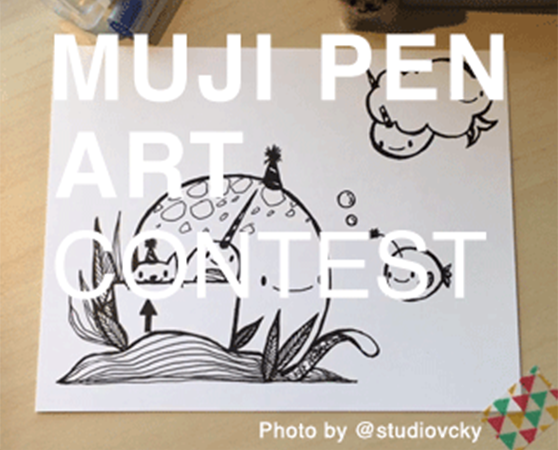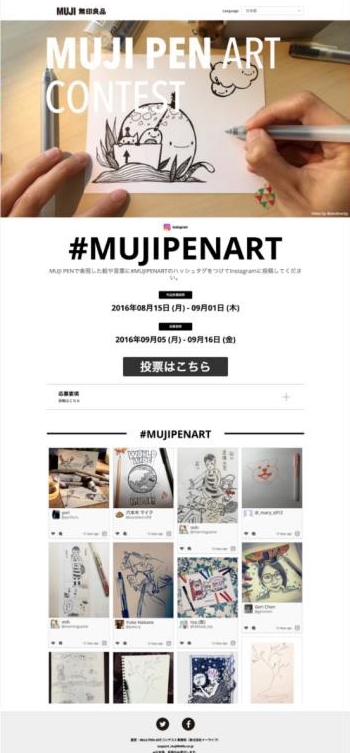Why Japanese companies can find a way to survive in Global Niches
Today's narrator
 CEO Seiichiro Fujiwara CEO Seiichiro Fujiwara After marketing financial products and establishing a venture capital firm, he founded eLife Inc. 1999. Hobbies include marine sports and snow sports. Dog lover. |
Hello, I am Fujiwara, CEO of eLife Inc.
Once again, I would like to share my thoughts on how Japanese companies can find a way to survive in this difficult economic climate. The theme is "Global Niche."
Global Niche is a market sector that is considered a niche in the global marketplace, that is, a market that is small in size and therefore has few entrants. I believe that the potential of this Global Niche is expanding tremendously.
Global Niche potential expanding to BtoC
There have long been companies in Japan that have been called "Global Niche" companies.
One example that immediately comes to mind is Murata Manufacturing Co., Ltd. Headquartered in Nagaokakyo City, Kyoto Prefecture, this manufacturer of electronic components is now a world-class company. There are many other world-class companies in the manufacturing industry that deal with tools and components.
However, until now, global niche companies from Japan have mainly been BtoB. However, I believe that the possibilities are now expanding to BtoC as well.
When I started this company in 1999, I researched various sites and services. One of them was a Nishikigoi auction site called nishikigoi.com. I was amazed by a Nishikigoi auction site called "Nishikigoi.com."
Nishikigoi is also known as "swimming jewels," and there are enthusiasts all over the world. There was already an online site for buying and selling Nishikigoi to such enthusiasts more than 20 years ago. It was the very first BtoC global niche service from Japan, but for a long time after that, nothing caught my radar.
However, signs of change can be seen here.
For example, KAIYODO Co., Ltd., a long-established figure and capsule toy manufacturer, is widely known for its rapid progress. The company's cutting-edge projects and unique sculpting techniques, which are full of realism and dynamism, are highly acclaimed by collectors and fans overseas.
Another company of note, although strictly BtoB, is Takemoto Yohki Co., Ltd., which handles plastic and glass bottles for a wide range of fields, including cosmetics bottles.
The company is unique in that it handles the entire process of planning, development, manufacturing, processing, and sales, and the products it handles are just as varied. the company also offers customization (speedy prototyping) using design digital tools and 3D printers.
Recently, there has been an increase in the number of individuals starting their own cosmetics brands, and demand for such small businesses seems to be growing. The company is looking to expand into the European market, and I see great potential for growth in the future.

"Localized marketing" is a thing of the past
Why is there growing potential in the global niche of the BtoC sector? I believe there are two main reasons.
One is the proliferation of social media.
In the marketing world, the conventional wisdom has been that BtoC must be marketed in a way that is appropriate to the region. However, on social media such as Instagram and TikTok, people around the world are consuming the same content at the same time, transcending regional differences.
To illustrate the significance of this, we would like to introduce "MUJI PEN ART CONTEST" that we held in 2016 with our partner company, Ryohin Keikaku Co., Ltd.

MUJI's water-based pens are popular for their "blank" designs and rich color variations that do not impose preconceived values, and many illustrators have become loyal users of these products. illustrations and scenes of the use of MUJI pens were posted on Instagram and other social media even before the contest was held.

Therefore, we decided to hold an art contest using Instagram as a platform. Our goal is to connect the value of such experiences scattered around the world, activate communication among customers, discover hidden talents, and convey the new fun of MUJI pens.
We invited people who had already submitted works drawn with MUJI pens to participate, and more than 3,000 works were submitted from 90 countries and viewed by more than 100,000 people in one week, despite the fact that we did not invest in any advertising.
What was interesting was that there were also submissions from people from African countries and other countries where there are no actual MUJI stores. These people probably obtained information through social media and purchased MUJI pens online.
The energy of enthusiasts often amazes me, but it is important to note that their needs are universal. With the proper use of social media, we can appeal to these enthusiasts around the world, transcending national borders.
Revolution through e-commerce platforms
Another reason for the increased potential of global niche businesses is the rise of e-commerce platforms such as "Shopify" that allow logistics to be global and borderless.
If you wanted to do business with the world, in the past, you would have had to keep your inventory in Japan and deliver it to each country. I think that is probably what "Nishikigoi.com," etc., which I mentioned earlier, was doing.
However, with platforms such as Shopify, inventory can be located anywhere in the world, not just in Japan. This is what we used to call "tri-nation trade," where any company can ship from the most efficient and low-cost delivery location.
Last October, our company was certified as a "Shopify Plus Partner" to support Shopify implementation for large companies. As we have mentioned in previous articles, we also have a proven track record in providing marketing support using social media.
By successfully combining the two, we are working with a variety of clients to develop BtoC niche businesses worldwide, and we are receiving an increasing number of inquiries.
In my opinion, Japanese people or Japanese companies are very compatible with Global Niches. As I mentioned at the beginning of this article, we already have a proven track record in devices and tools. Sony Corporation, which is now a software and game company, but was originally a device company, is also a Japanese company that has conquered the world.
Therefore, we need to discover what is needed globally from Japan, put it on an existing infrastructure such as Shopify, and market it through social media such as Instagram and TikTok. I believe that doing this without being aware of national borders is effective for our business and, by extension, a way for Japan to survive.



